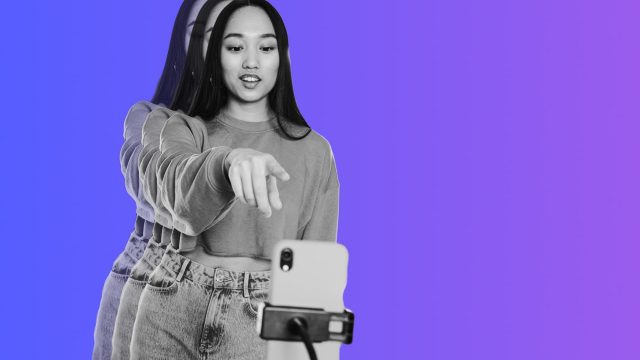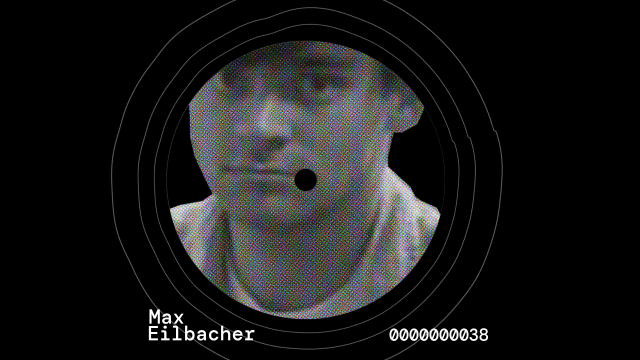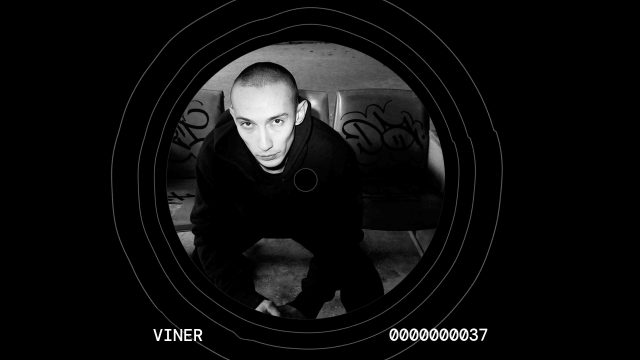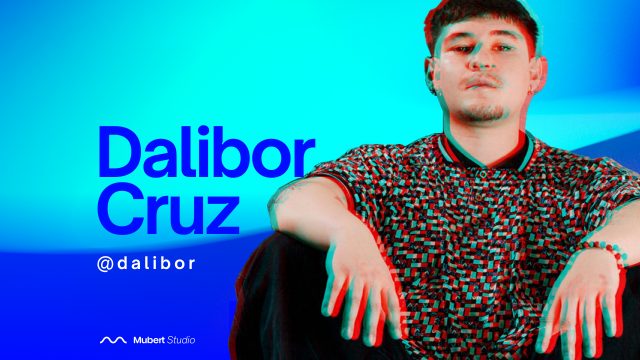
Chicago-based Pablo Paz moved into the limelight after two albums under his Dalibor Cruz moniker this year: “Riddled With Absence” via Manchester label Natural Sciences and “Result Of Shackle” on local label American Erektors. Cruz launched his project in the Chicago DIY scene with noise-inspired raw techno, his sound evolving to incorporate elements of the music from his Honduran heritage in his new releases. “Riddled With Absence” is full of rhythmic elements and ethnic percussion, some sample-based and others played by Cruz on a darbouka and a mini-pakhawaj. His latest release “Realizing Requisites” for Chicago Research is a deeply eclectic, fiery dance record, attesting to Dalibor Cruz’s growing status as one of the more inventive voices in electronics.
For a better listening experience, check out the Mubert app
In your opinion, how will music be consumed in the near future? How will it be created?
I think music will still be consumed in the same way as it is today. Physical releases will never go away because there’s still and always will be that essence of novelty from having the actual piece of media in front of you, being able to touch and appreciate the physicality is definitely something special. As for streaming etc. that will always be evolving, but I think it will still keep the same blueprint it’s always had. As for music creation, technology is always evolving, but I don’t think the human touch will ever go away. As fun as Mubert’s AI is, I still find it way more enjoyable making the loops for the AI to process…if that makes any sense.
Is the listener a co-creator if they are simply modifying the compositions with their likes? Should the platform provide more instruments to allow the audience to tinker with ideas and change them? What could those tools look like?
In a sense, yes. But I do think that more tools for collaboration could be implemented. Imagine a very simple sample slicer or something like that
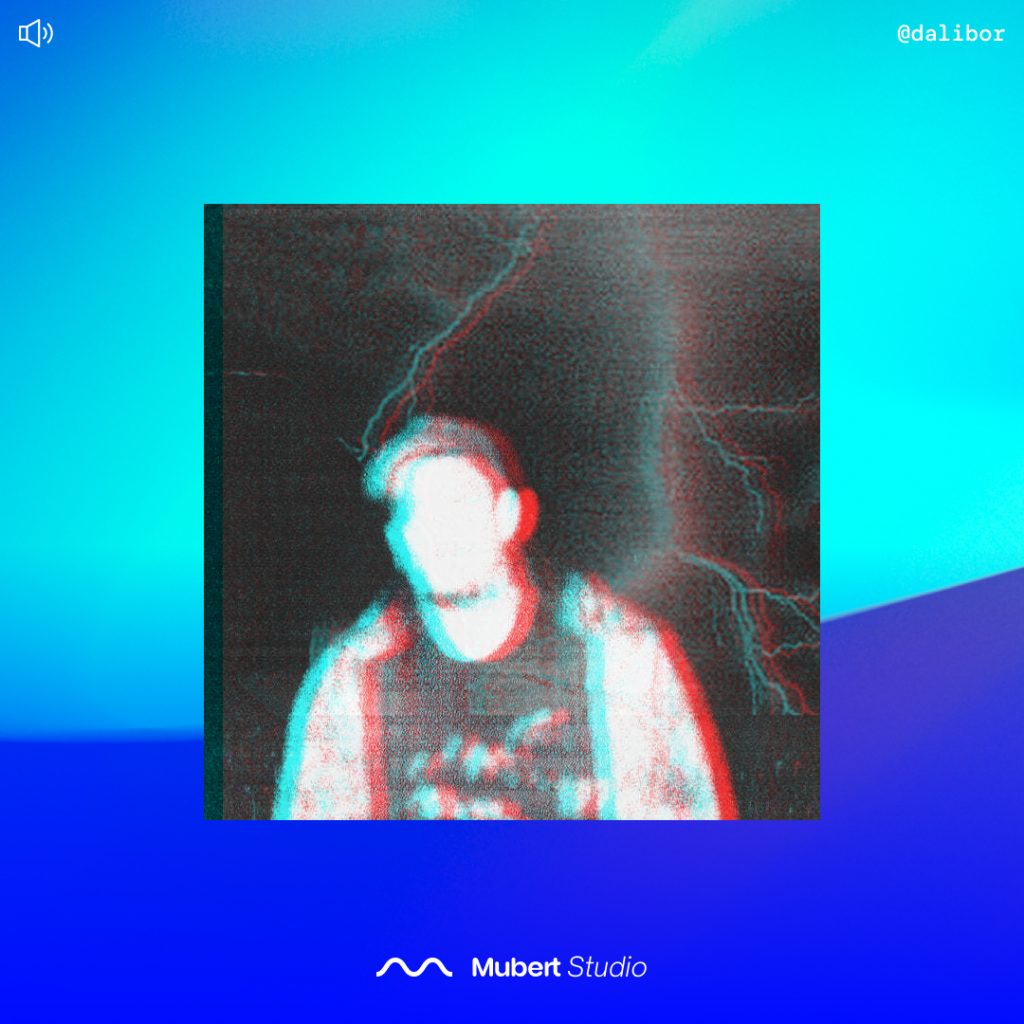
Co-creating music with AI theoretically makes the algorithm a co-composer. Do you agree with this statement and how do you feel about this? How does this concept work when it comes to royalties and intellectual property?
I guess, in a sense. Like I mentioned before, the musician’s style will always be present even if the AI is processing the loops. AI isn’t a living being. So to me, it wouldn’t make sense for the AI to get any royalties. The person still had to put in the thought and work for the AI to process.
Was it difficult for you to get used to the software, understand how it works, operate the interface, and upload your tracks? What questions and problems did you bump into when getting started with Mubert?
It was a bit confusing at first. The interface could be easier to navigate. As for uploading the samples, I did run into a few errors. Like samples not being able to upload because of “duplicates” when in reality there were none. Or samples not being able to upload to a streaming playlist because of an error. Mubert can definitely benefit from an updated user interface.
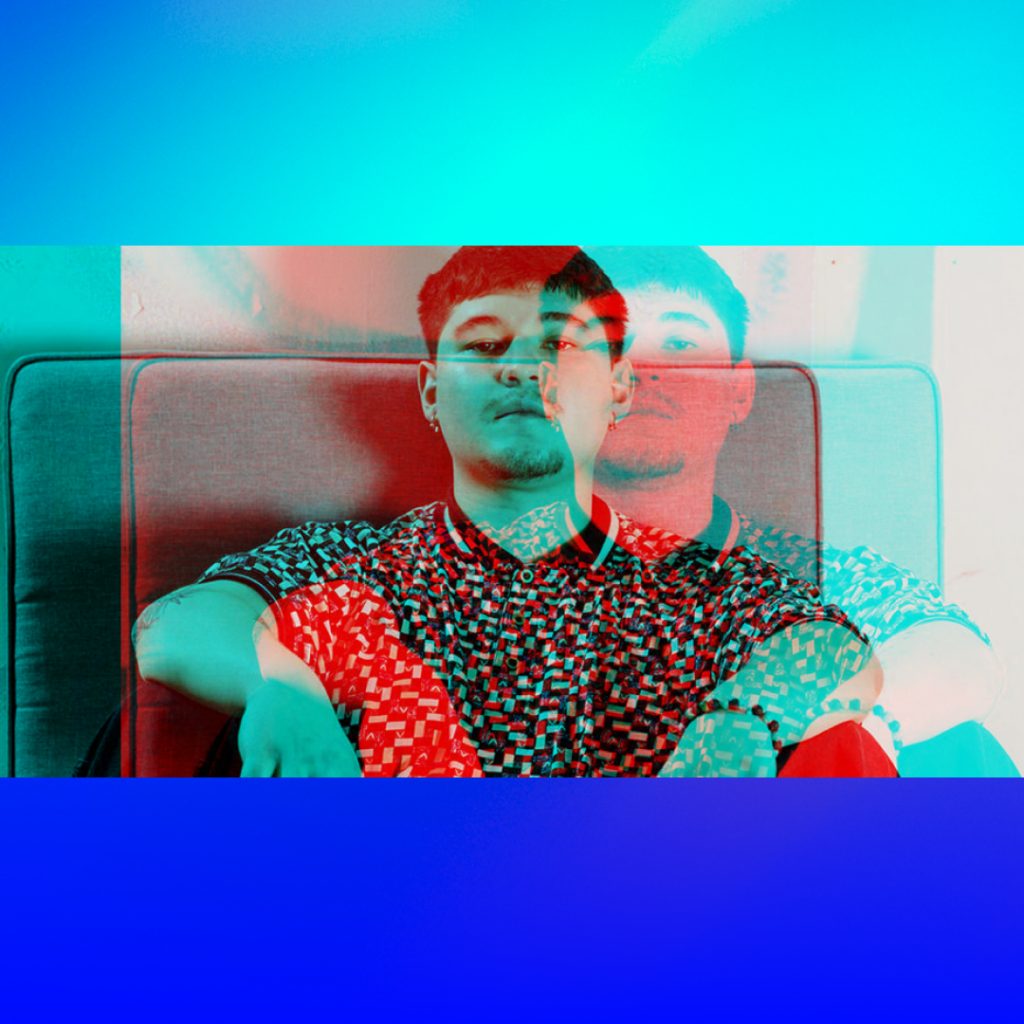
Will your general music writing process change going forward (given your experience working with Mubert AI)?
No, not really. As for making loops for Mubert, it definitely made me want to go back and make more loops for Mubert to get a more honed result.
AI Music Company
Mubert is a platform powered by music producers that helps creators and brands generate unlimited royalty-free music with the help of AI. Our mission is to empower and protect the creators. Our purpose is to democratize the Creator Economy.
